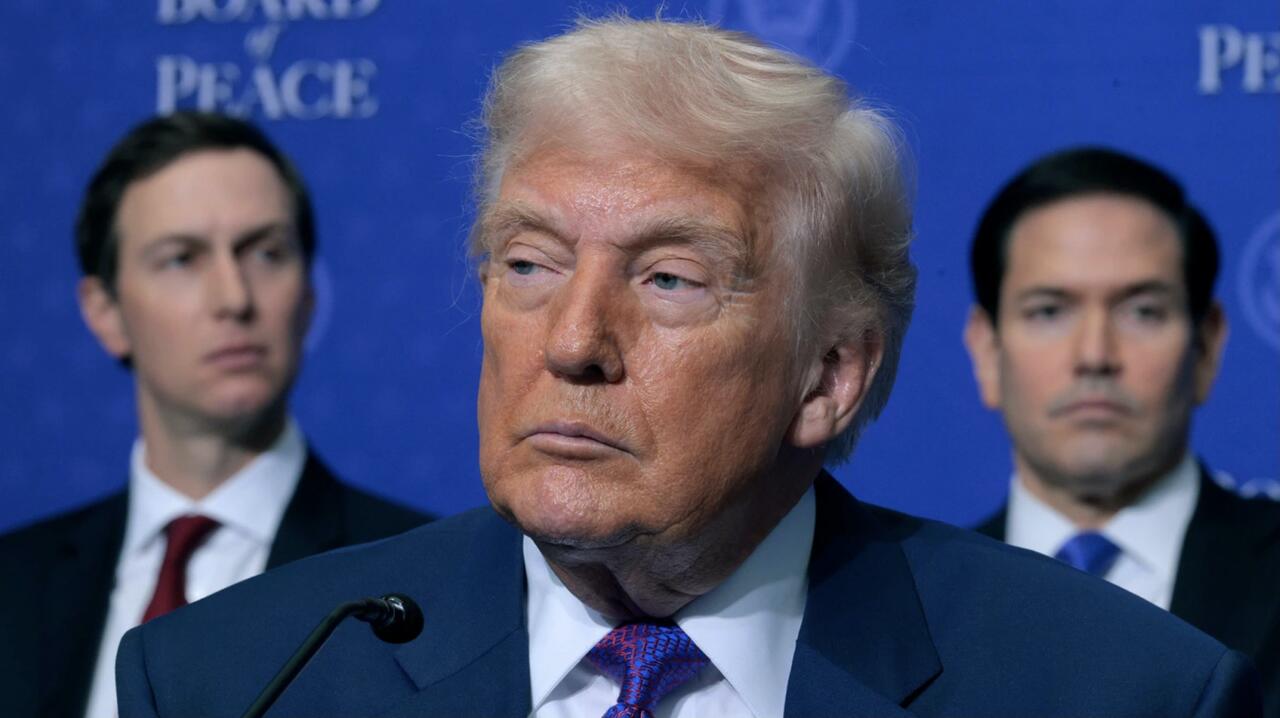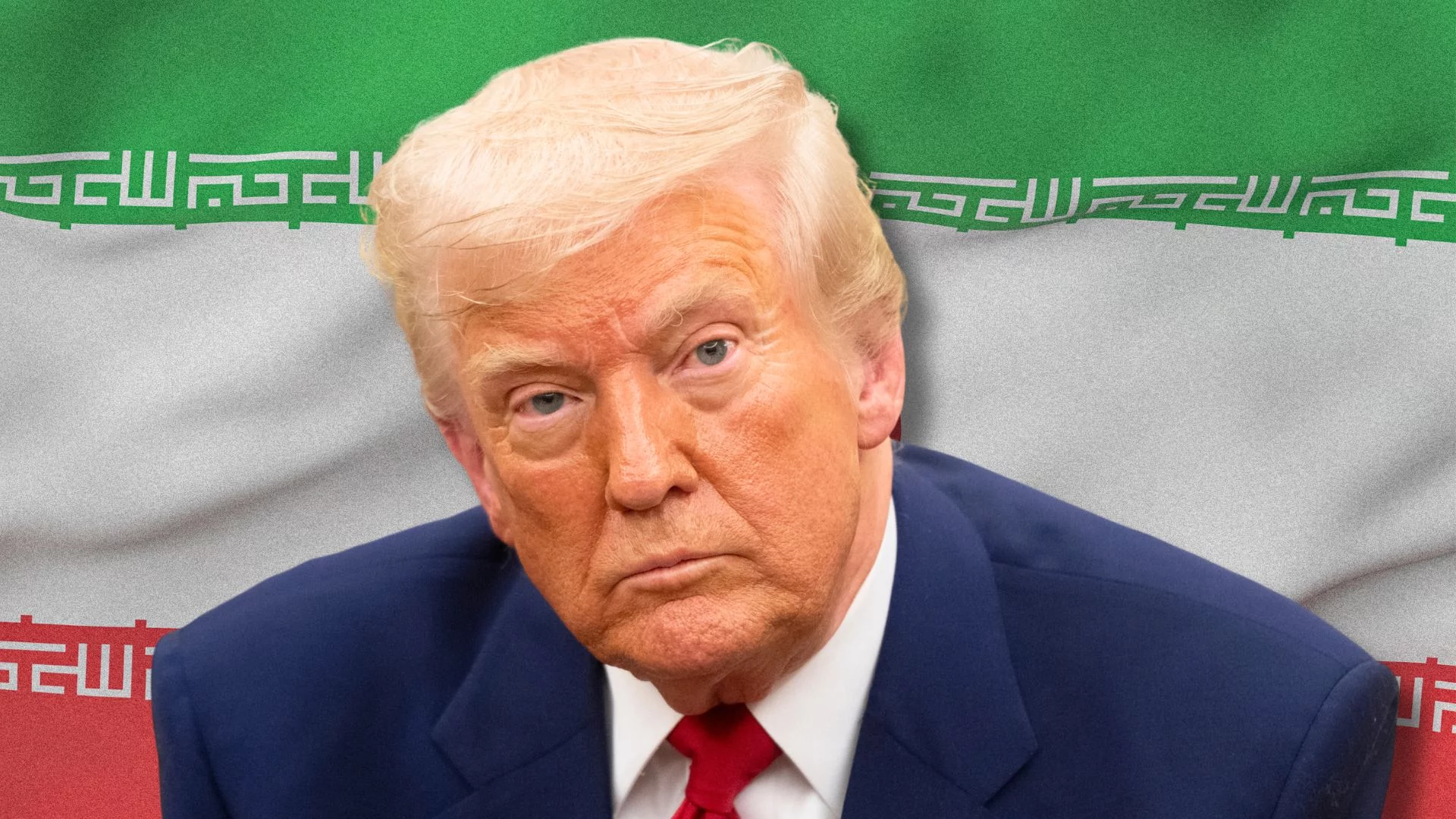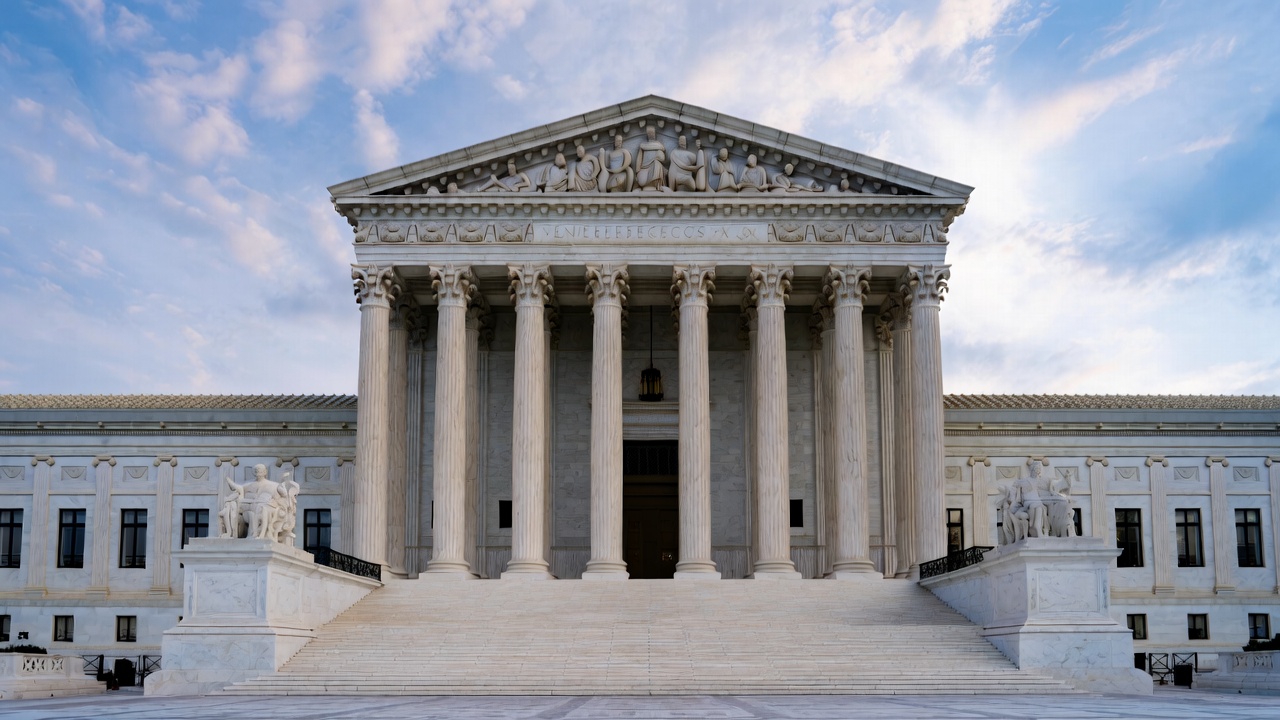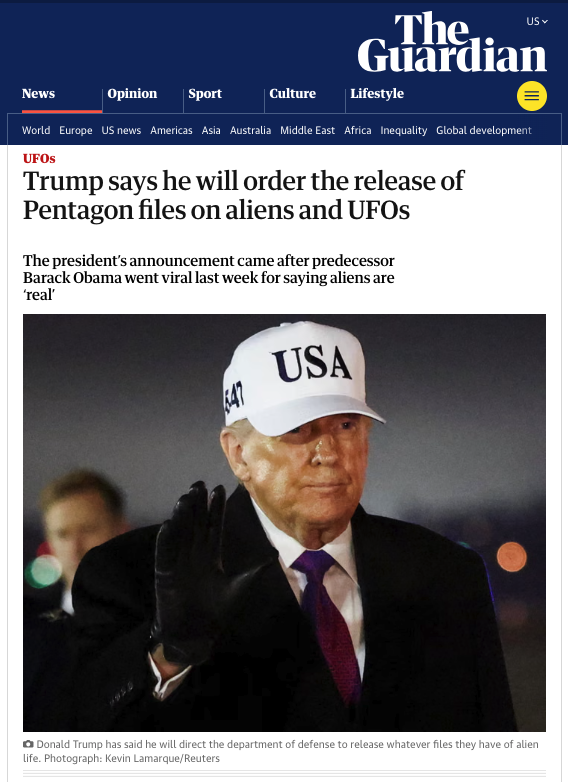Thus began Israel's conflict with Iran. “Netanjahu was banned”
news.5v.pl 8 months ago
- Homepage
- World politics
- Thus began Israel's conflict with Iran. “Netanjahu was banned”
Related
recommended
MKOl podjął decyzję ws. Włoszczowskiej. To już pewne
46 minutes ago
Podziękowania za lata służby. Uroczystość w PSP Nowy Sącz
55 minutes ago














![Monitoring nie kłamie: Nagranie z ulicy Pileckiego trafiło do sieci. Sprawca ma mało czasu [WIDEO]](https://www.eostroleka.pl/luba/dane/pliki/zdjecia/2026/policja_kolizja_pileckiego.jpg)

